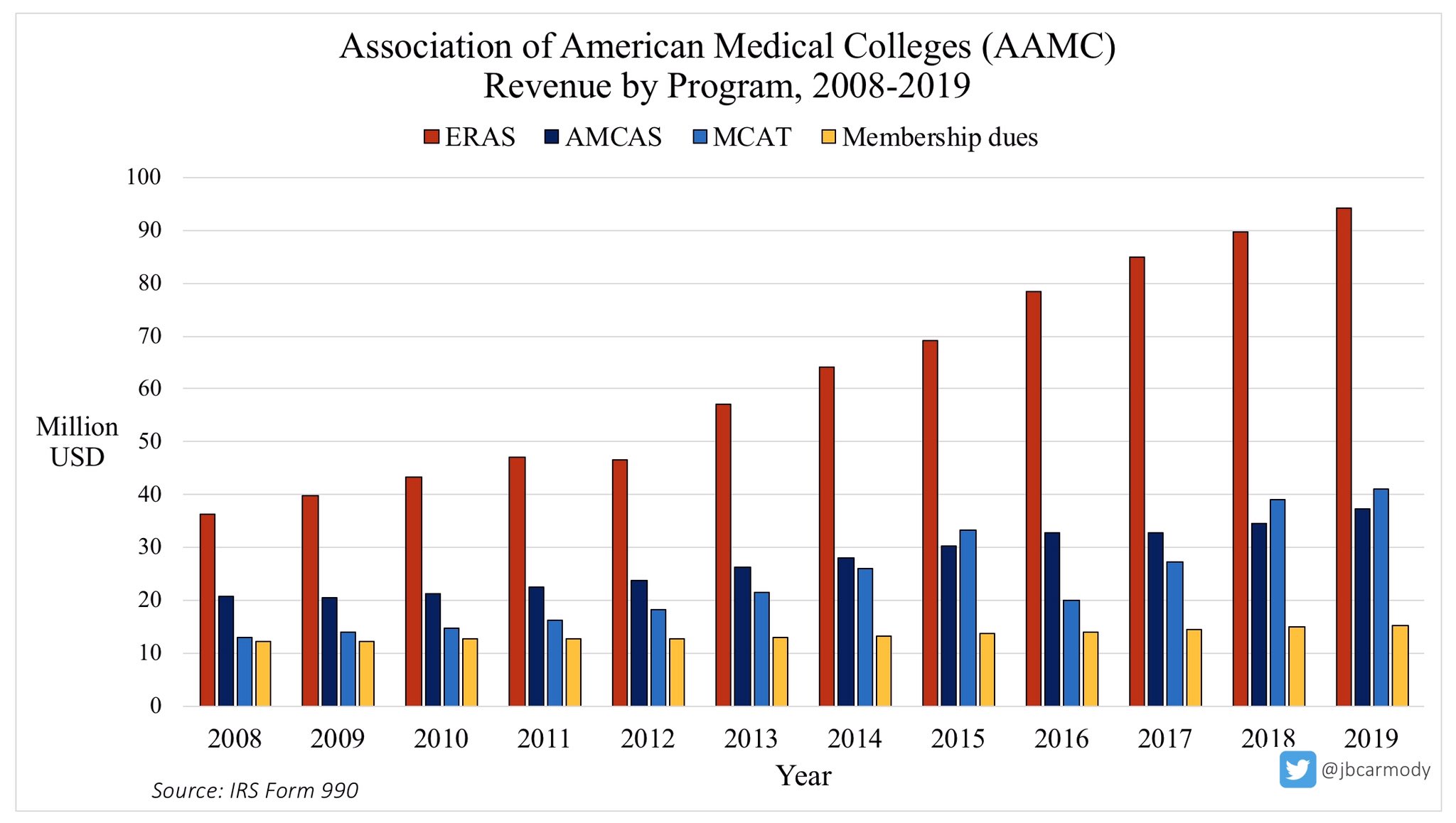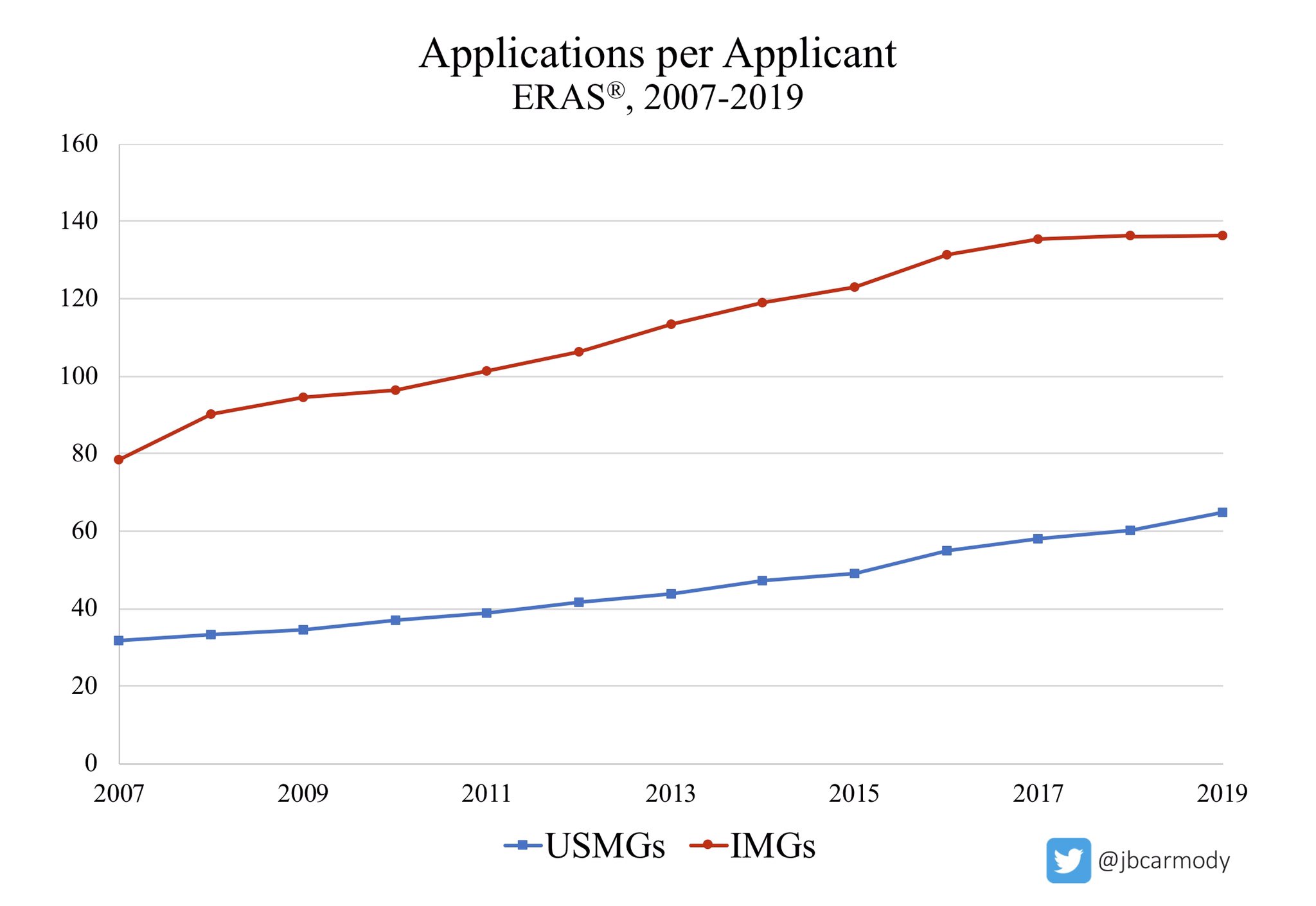The ERAS delay is reasonable -- long enough to create a bit more room for LOR's and step exams, not long enough to compress the interview schedule too much. I'm not convinced it will really help students, but it's fine.
There won't be a cap on applications.
Everyone is probably planning for virtual interviews. Perhaps, if the COVID situation has somehow abated by then, some programs may do in person interviews. Perhaps more complicated is the question of "second look days". Some programs already switched to virtual interviews prior to COVID with success. The mix is usually online video program review + web based interviewing + optional on site visit to meet with residents. Programs that have experimented with this claim that the onsite is completely voluntary and does not affect ranking -- but I wonder if that's true and I'm sure that if this becomes more globalized will not be true for all. Can a second look day be done in a COVID world? Who knows.
How does this affect things? There's no way to know for sure. The top candidates used to get too many interviews, and then would cancel some leading to people getting off waitlists. I expect this might be different this year -- top candidates might decide to keep all/most of their interviews because no travel / cost. Without other changes, this would result in less waitlist movement, lower tier candidates would get less interviews. Maybe that matters in the match, maybe not (remember that if all programs are interviewing the top candidates, and they all rank them, then those programs will fall lower on their rank lists since those top candidates can only go to one program).
But this assumes that programs don't alter their behavior. With only virtual interviews, it's much easier and cheaper to interview candidates. We can ask faculty to interview in the evening, or on weekends, or really at their convenience rather than during our interview days and slots. So perhaps we'll interview more people, and the net result will be more churn but the same match.
Anytime you change the "rules", people get upset because of the unknown. The sky is not falling. Most people will still do just fine. Some people may be disadvantaged, but it's hard to define any clear group. Some people will not match -- this happens every year. For sure, many of those that do not match will blame these new processes. It's human nature.




